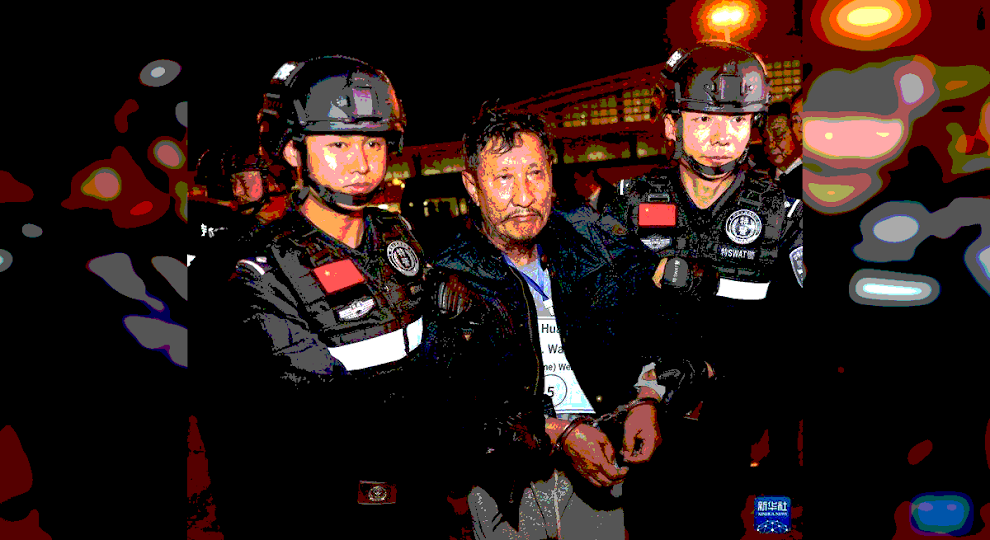Myanmar Spring Chronicle – January 30 by MoeMaKa Media:
Military Council Hands Over Figures to China, SSPP/SSA Issues Statement on Federal Democratic Union
In a surprising turn of events on January 30, the Myanmar Military Council handed over six individuals, including Bai Suo Cheng, the former chairman of the Kokang self-administered zone, to China. The individuals are wanted by China in connection to online fraud gangs. This unexpected move has raised questions about the military council’s motivations and its evolving relationship with China. Bai Suo Cheng, his son Bai Ying Cang, and Liu Zheng Xiang (also known as Lhou Aha Pound), the owner of the prominent FuLiLai Group in Kokang, were among those handed over. China dispatched a chartered flight to Nay Pyi Taw to retrieve them.
The Kokang region, known for its proximity to China and its involvement in activities like drug production, cross-border trade, and large-scale gambling, has recently witnessed a shift. The area has transformed from traditional gambling to hosting rampant online fraud businesses targeting Chinese speakers. This shift prompted China to investigate and pursue those involved in these illicit activities. Bai Suo Cheng, who had been appointed by Myanmar’s military leaders in 2009, played a prominent role in the region. The military council’s decision to hand him over to China suggests a strategic move to maintain a delicate balance in its relationship with China amidst increasing pressure.
China’s influence in Myanmar’s internal affairs became more apparent after the military council reached a temporary cease-fire agreement with three northern armed groups in early January, under China’s intervening pressure. The surrender of Bai Suo Cheng and his family, used by the military for over a decade, underscores the intricate dynamics between the military council and China, emphasizing the strategic importance of not losing face in their relationship.
Another development centers around Shan State, where the Shan State Progress Party/Shan State Army (SSPP/SSA), one of the largest ethnic armed groups in the region, issued a statement after its 2023 annual plenary meeting. The statement emphasizes the pursuit of a federal democratic union based on equality and self-determination, opposing autocracy, chauvinism, expansionism, and narrow-minded patriotism. While the goals align with existing attitudes, the inclusion of ‘expansionism’ and ‘blinded patriotism’ reflects current realities and competition.
Operation 1027, spanning over two to three months, witnessed other ethnic armed groups seizing territories and cities in Shan North. The SSPP/SSA’s use of terminology suggests a claim over areas occupied by these armed groups, based on historical precedence, ethnic dominance, and its previous influence before Operation 1027.
Recent communication between the Ta’ang National Liberation Army (TNLA) and SSPP/SSA regarding recruitment and tax collection highlights administrative tensions. The TNLA, having gained control during Operation 1027, now administers areas inhabited by the Shan and Palaung people, preventing other armed groups from recruiting and taxing. This dynamic underscores the potential for friction and conflicts between ethnic armed groups, particularly in regions with a historical mingling of diverse ethnic groups. As Myanmar navigates these intricate dynamics, the evolving relationships and strategic shifts continue to shape the nation’s trajectory.

